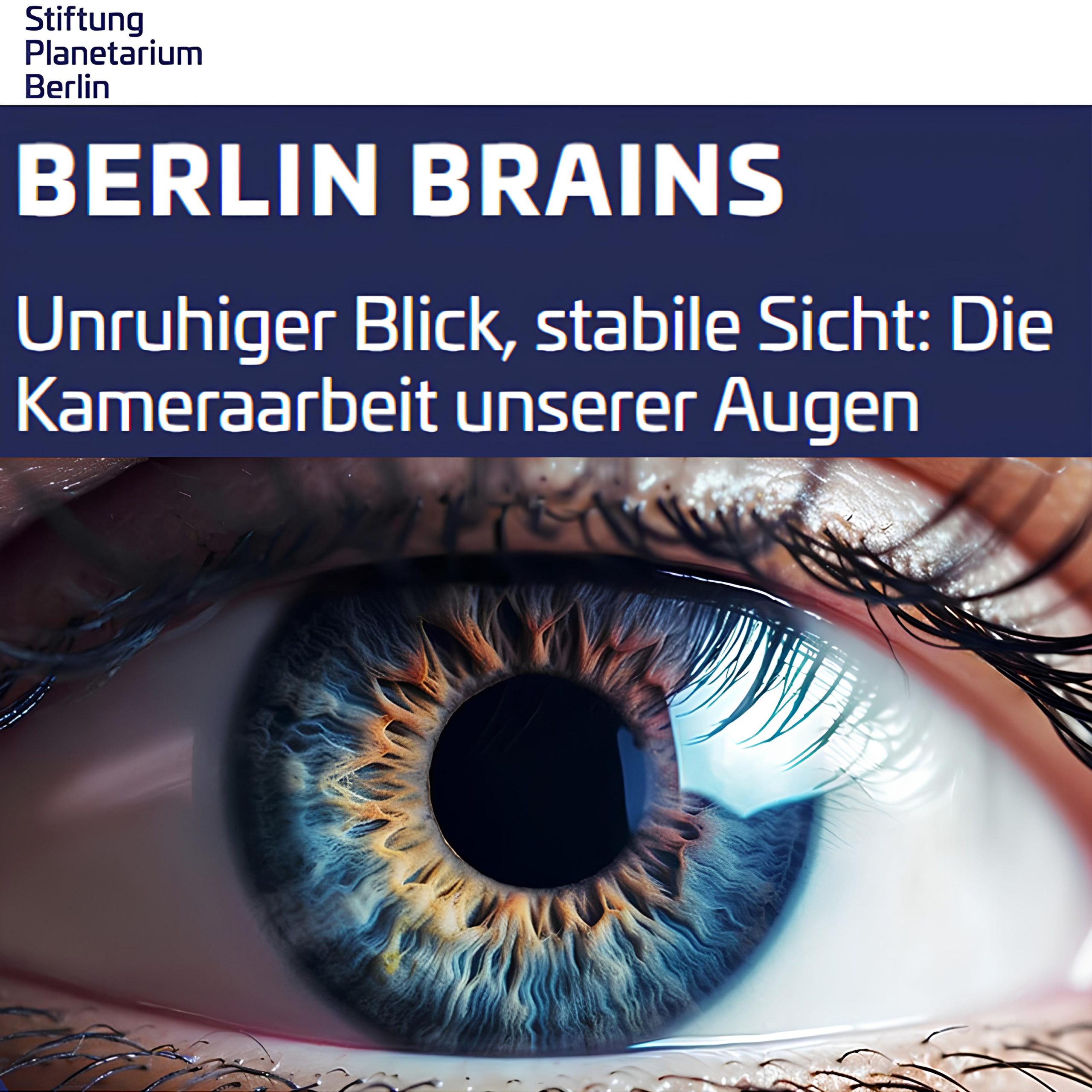Katja Liebal (Universität Leipzig), “Comparative Approach to Human Cognition: Possibilities and Challenges”
MAR 2.057Aiming to understand human psychology and what makes humans “unique” benefits from a frame of reference against which to assess it. Comparing human psychology with that of other animals, particularly our closest relatives, nonhuman primates, can provide such a frame of reference and thereby contribute to identifying the defining characteristics of the human species. Studying
















